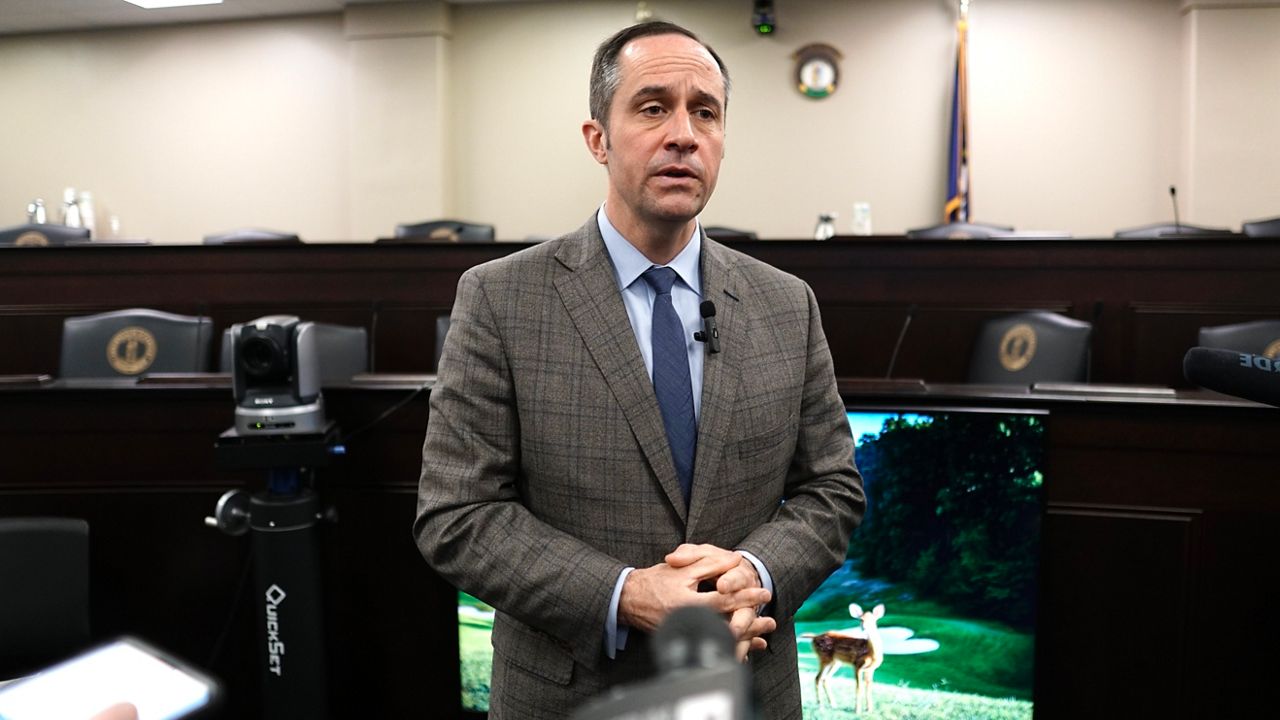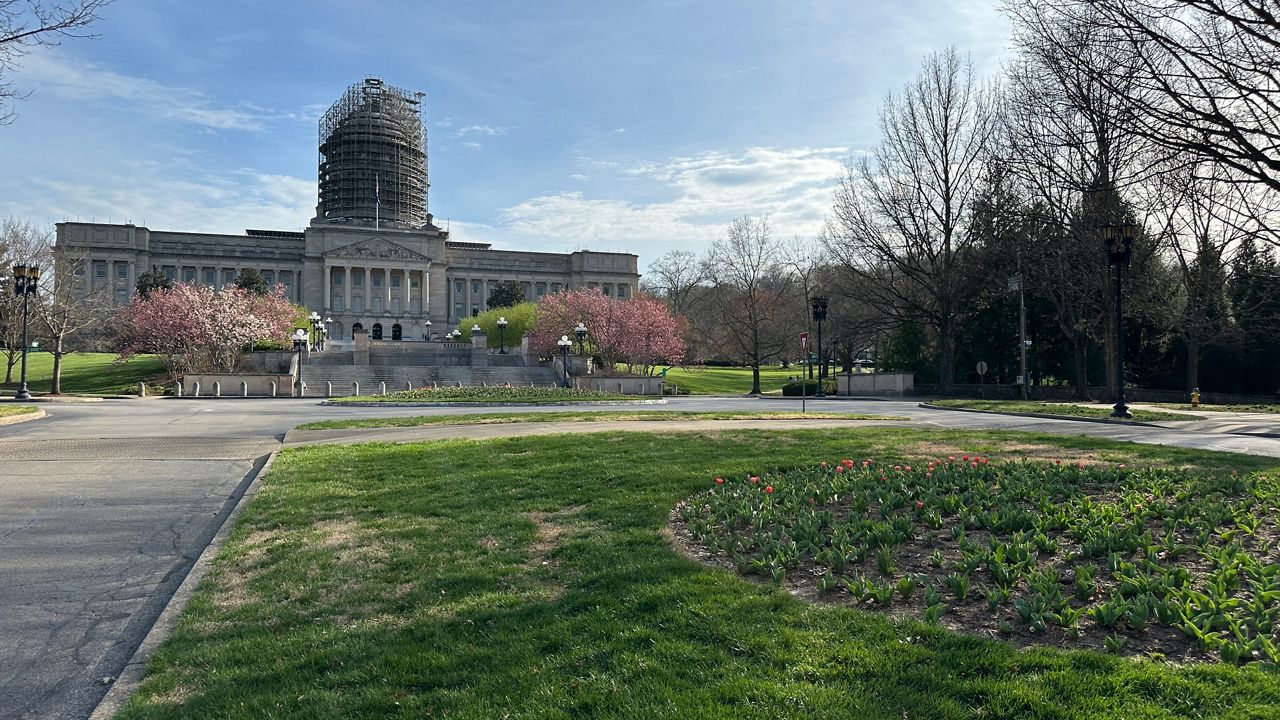FRANKFORT, Ky. — The Kentucky Senate has unveiled its version of the state budget, which includes several items not funded by the House which passed its plan last month.
What You Need To Know
- The State Senate has passed its version of the two-year budget
- Both budget bills come at a higher price tag than the House versions
- One-time investments would total $3.5 billion
- Per-student SEEK increases remain the same
This version comes at a high price tag for both House Bill 1 and House Bill 6. HB 1 funds one-time expenses while HB 6 is the state’s two-year operating budget.
“We have long advocated that discipline is the thing that will get us to the appropriate resolution, and I think that the discipline we've shown over the last decade has given us the opportunities to make the investments we're making now for the next decade.” Appropriations and Revenue Committee Chair State Sen. Chris McDaniel, R-Ryland Heights, said.
The Senate’s HB 1 has nearly doubled in price, up to around $3.5 billion.
It includes money for some of what Gov. Andy Beshear, D-Ky., initially recommended, including a 13th check for state employees and KSP retirees.
In addition, $10 million will go toward affordable housing projects in Lexington. The state’s affordable housing trust fund does not gain any money from this spending plan.

“We felt like investing in Lexington was appropriate, but we're also concerned that the supply of the construction trades right now is pretty stretched thin anyway, and we're very worried about inflating already inflated costs,” McDaniel said.
On education, per-student SEEK funding will still see a 6% increase over two years. School transportation dollars do go down slightly and will not be fully funded in the second budget year.
Teacher raises would have to come from this increased SEEK allotment.
“Once again, we largely concurred with our House colleagues in trying to put the money through the SEEK formula, and if districts choose to do that, then that will largely be their option,” McDaniel said.
Eddie Campbell, president of the Kentucky Education Agency, said its greatest concern was a lack of mandated raises for teachers.
“We are in an educator crisis," Campbell said. "We ranked 44th on the average teacher salary. We rank 48th for our classified or support professional salary."
Beshear’s spending plan called for across-the-board raises for all school staff.
“We do have mechanisms, however, that we could use to address teachers' raises now, in my opinion, and we also have the funds to do that,” Minority Floor Leader State Sen. Gerald Neal, D-Louisville, said in reference to using the state’s budget reserve trust fund to give raises.
Neal added there is still time left for modifications to the budget.
Other new additions in the Senate budget include raising juror pay from $5 per day to $25 — $100 million for various Louisville urban renewal projects — and Morehead State would get $8 million for a deep space antenna array in its ongoing partnership with NASA.
Leaders in both chambers have 10 legislative days left to finalize the budget.










